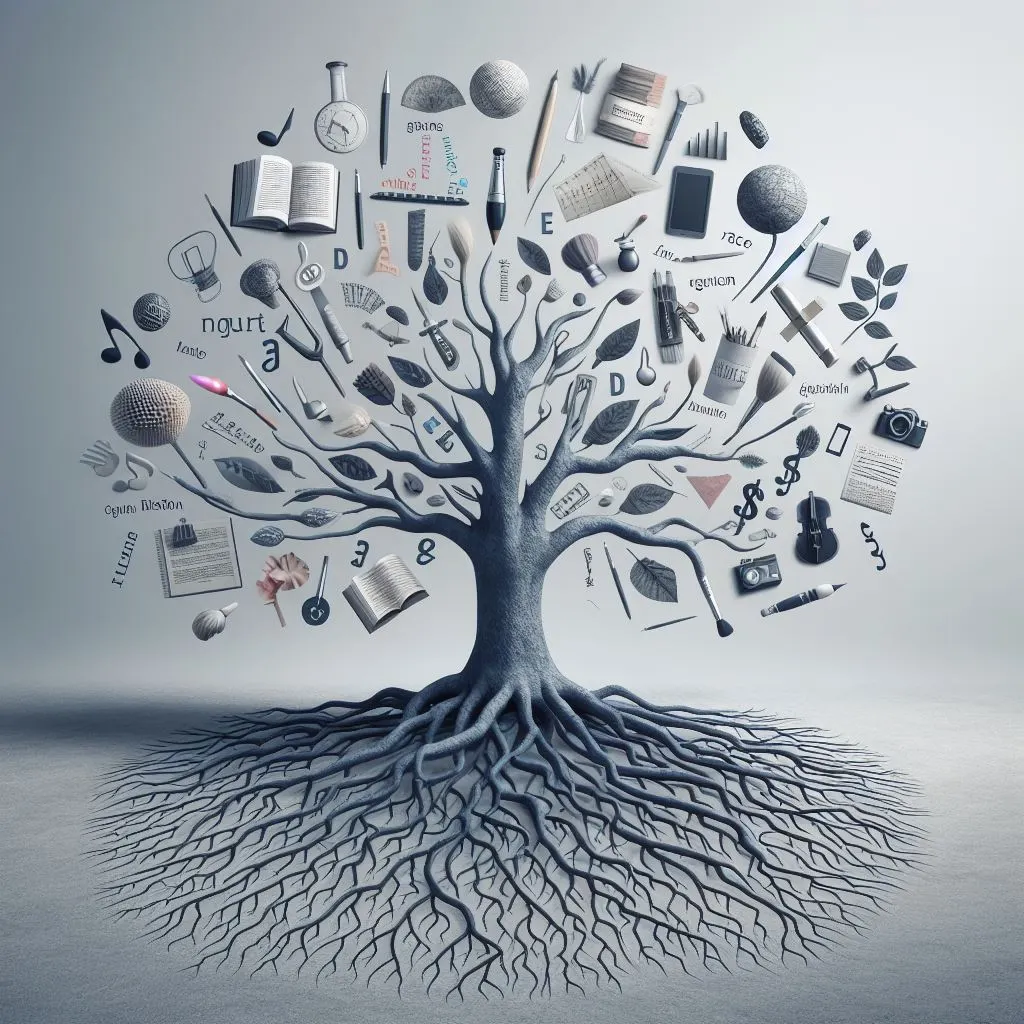What makes you, you? This question of self-identity and understanding who we are lies at the heart of what it means to be human. The humanities—subjects like history, philosophy, literature and the arts—can provide deep insights into this question by exploring the diverse ways humans have expressed and made sense of their experiences across different cultures and time periods.
In this article, I will discuss some of the key ways studying the humanities can help us develop a stronger sense of self and identity.
One of the most basic ways the humanities influence identity is through exposing us to different perspectives on what it means to be human. The human experience is incredibly complex with countless influences shaping our thoughts and behaviors.
By learning about other historical periods, cultures and worldviews through subjects like history, cultural studies and religious texts, we start to recognize our own identities are not fixed or innate, but rather shaped by our specific environment and upbringing. This can help us develop a more open and questioning attitude towards our own beliefs and values. Realizing alternative perspectives existed and still exist today makes us question which aspects of our identities are truly core to our humanity.
Literature in particular provides rich insights into diverse human experiences. By relating to characters in novels, poems and plays we start to see our own lives and society from other angles. The greatest literary works invite us to walk in another’s shoes, if only briefly, through the magic of narrative.
This ability to understand different life experiences is crucial for developing empathy, compassion and a more well-rounded sense of self. It also shows how identities are not formed in a vacuum but through our interactions and relationships with others. Reading exposes us to the inner worlds of people unlike ourselves, challenging narrow definitions of identity.
Philosophical Inquiry into Identity
The humanities also explore how identities are expressed through cultural artifacts and practices. Subjects like art history, film studies and musicology analyze how creative works both reflect and shape prevalent social and personal identities of their time.
For example, examining how gender roles and ideals of masculinity/femininity have been portrayed in Renaissance art versus modern cinema can spark thoughtful reflections on how our own identities may have been influenced by wider cultural narratives. Studying the humanities opens our eyes to seeing identity as something fluid, diverse and historically contingent rather than fixed. It is shaped not just by our internal experiences but through dynamic interactions with evolving cultures over centuries.
A key aspect of developing a strong, nuanced self-identity is asking philosophical questions about the meaning and purpose of human life itself. Questions like “who am I?”, “what do I value?” and “how should I live my life?” lie at the core of fields like ethics and political philosophy.
History’s Influence on Identity
History offers a lens through which we can view the forces that have shaped human societies and, consequently, our own identities. By understanding the events and movements that have influenced societal norms and values, we gain insights into our cultural backgrounds and how they contribute to our sense of self.
Summary Table:
| Humanities Discipline | Contribution to Self-Identity |
|---|---|
| Literature | Exploring human nature, emotions, and experiences through fictional characters |
| History | Understanding diverse cultural narratives and experiences that shape collective identity |
| Philosophy | Contemplating existential questions and concepts related to individuality and identity |
| Arts (e.g., painting, music, dance) | Self-expression, communicating inner worlds, and discovering new facets of identity |
Refrences
- Charles Taylor in Sources of the Self discusses how literature allows us to articulate our own experiences and make sense of our inwardness. He cites examples from authors like Rousseau, Wordsworth and Austen to show how reading their works helps us develop a strong narrative of self.
- Erik Erikson’s Identity and the Life Cycle examines how exploring the arts helps address identity crises during adolescence. Exposure to diverse creative works “widens the scope of experimentation with new roles” and allows trying on different social masks to find the right “fit”.
- Barry Schwartz analyzes how the abundance of choices in modern consumer culture has paradoxically made it more difficult to commit to stable identities. He cites 18th century novels like Tom Jones which portray identities anchored within tight-knit communities with few options.


